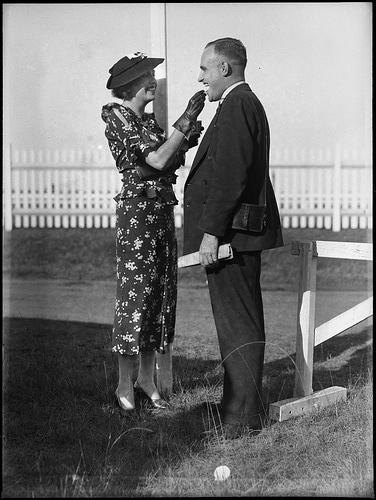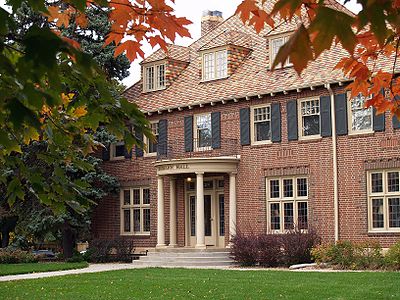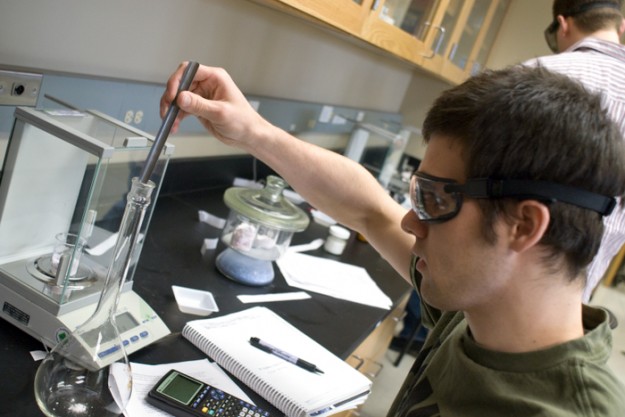Written by Jace Bravo ’13 – Catholic Studies and Communication and Journalism
“I sought to hear the voice of God and climbed the topmost steeple, but God declared: “Go down again – I dwell among the people.” – John Henry Newman
As I climbed to the second floor of the Catholic Studies building I discovered a classroom with students itching to learn more about the topic of our course: Modernity and the Church. I have had only one other in-class experience with Father Keating besides this one and words cannot begin to describe how much I enjoy his classes. I think the consensus among my fellow students is that after each class everyone wants to just walk downstairs and dwell in the Albertus Magnus chapel.
Inside the heart of the classroom sit many students always eager to hear the words of our fearless leader, Father Keating. As we come to class every Monday, Wednesday and Friday, we anticipate the beginning of the class when Father clasps his hands together and begins—always on time—with the St. Thomas Aquinas prayer. Although many of us in the class have loud laughs, loud voices, and show up in the middle of the prayer looking like a deer in the headlights as we map our way to an open seat, Father Keating never fails to grab each of our attention with a simple reverent gesture. Every class period we learn something that we have yet to experience before, or we have experienced it, Father introduces it in a gripping unique way.
This course has opened my eyes to many things about the Church and the modern era. We have learned about the French Revolution and how one revolution drastically changed much of the world’s understanding of religion. We are beginning to see the role the Church has played during times when many believed the Church had sung its last hymn. Father Keating consistently notes how the Church always marvelously pulls through these drastic times singing even louder hymns of praise. The class is filled with readings from past popes, past philosophers, as well as past theologians. No matter the reading, Father Keating continues to instruct us that although there may be people trying to sing different songs, the Church always stands faithful to the one true hymn taught by Jesus and practiced since the days of St. Paul.
I do not know how to explain what goes on in the mind of Father Keating, nor any other Catholic Studies professor, but what I do know is that the Holy Spirit’s presence is quite evident in all Catholic Studies courses.
(photo: Fred Conrad/New York Times)
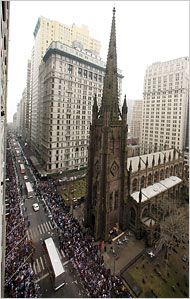
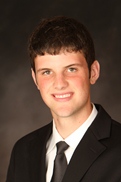
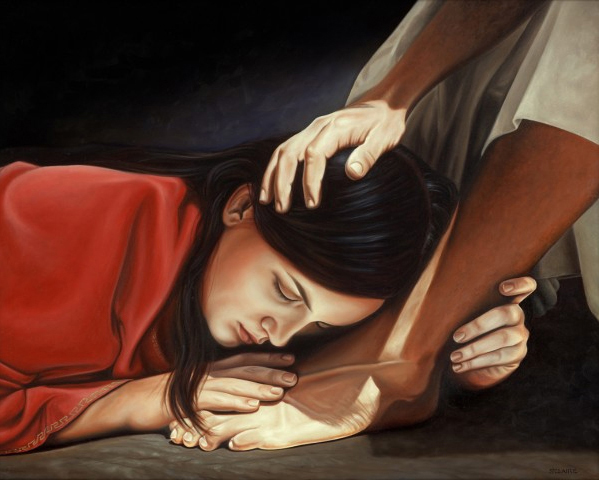
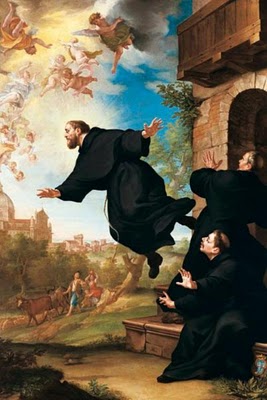 Feeling stressed and nervous about your midterm examinations? Well, here is a study tip: ask for the intercession of our wonderful saints! One in particular to be pointed out when taking tests is St. Joseph Cupertino. Here is his story.
Feeling stressed and nervous about your midterm examinations? Well, here is a study tip: ask for the intercession of our wonderful saints! One in particular to be pointed out when taking tests is St. Joseph Cupertino. Here is his story.